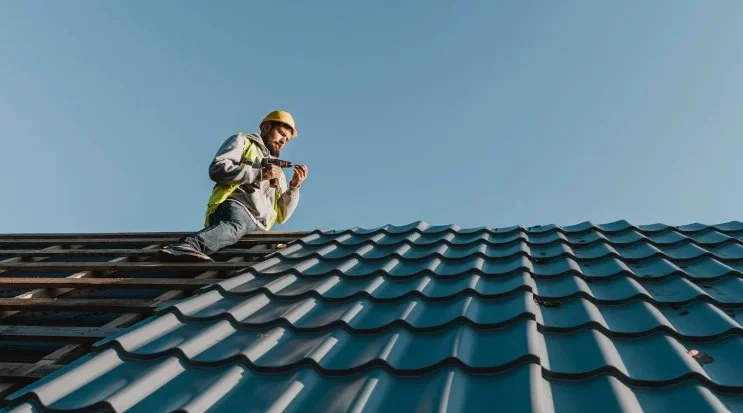
- 1 - Why Roof Inspections Are Important
- 2 - How Roof Inspections Are Conducted
- 3 - Common Issues Found During a Roof Inspection
- 4 - Benefits of Regular Roof Inspections
- 5 - What Happens After a Roof Inspection
- 6 - Choosing the Right Roofing Contractor for an Inspection
1. Why Roof Inspections Are Important
Roof inspections are a critical part of maintaining the integrity of your home. While roofs are designed to protect your home from the elements, they also take a beating over time. With the exposure to rain, wind, snow, and sun, it’s important to regularly inspect your roof to identify any early signs of damage. Without routine inspections, minor issues can go unnoticed, leading to more serious (and expensive) repairs down the road.
Having your roof inspected annually—or after a major storm—can help identify problems early, such as missing shingles, leaks, or damage to the underlying roof structure. By catching issues before they escalate, you can save money, extend the life of your roof, and keep your home safe and secure.
2. How Roof Inspections Are Conducted
Roof inspections are typically carried out by professional roofing contractors who are trained to assess the condition of your roof thoroughly. Here’s what you can expect during a typical roof inspection:
- Exterior Inspection: The contractor will begin by inspecting the exterior of the roof, looking for signs of damage such as cracked or missing shingles, moss, algae growth, or broken flashing. They may also check the overall condition of the roof’s surface.
- Flashing and Vents: Roof flashing, which seals areas around chimneys, vents, and skylights, will be checked for any signs of wear or damage that could lead to leaks.
- Gutters and Downspouts: Gutters that are clogged with debris can cause water to back up and damage your roof. The contractor will check to ensure the gutters are clear and functioning properly.
- Interior Inspection: Sometimes, the roofing contractor will inspect the interior of your home, specifically the attic, to look for signs of water damage or mold, which could indicate a roof leak.
After this thorough inspection, the contractor will provide a detailed report on the roof’s condition and any necessary repairs or maintenance. The inspector may also take pictures to document any issues for future reference.
3. Common Issues Found During a Roof Inspection
Roof inspections can uncover a variety of issues, some of which are more common than others. Here are a few issues that roofing contractors frequently discover during inspections:
- Missing or Damaged Shingles: This is one of the most common issues found during a roof inspection. Missing shingles leave the roof vulnerable to leaks, while damaged shingles can allow water to seep through and cause internal damage.
- Clogged Gutters: When gutters are clogged with debris, they can’t effectively channel water away from the roof. This can cause water to pool on the roof, leading to potential leaks and mold growth.
- Flashing Issues: Flashing is crucial for preventing water from entering around chimneys, vents, and skylights. If flashing is cracked, loose, or missing, it can lead to water infiltration and roof leaks.
- Wear and Tear: Over time, asphalt shingles, in particular, will deteriorate due to sun exposure, wind, and rain. The granules on the shingles can wear off, reducing their effectiveness and leaving the roof vulnerable to further damage.
- Roof Ventilation Problems: Poor ventilation in the attic can cause heat buildup, which can deteriorate roofing materials and lead to condensation that causes mold growth. Inspectors check for proper ventilation systems to ensure the roof lasts longer.
If any of these issues are discovered during your roof inspection, the contractor will recommend necessary repairs or replacements to prevent further damage.
4. Benefits of Regular Roof Inspections
Regular roof inspections offer a wide range of benefits to homeowners, ensuring the long-term health of your roof and protecting your home from potential damage. Here are some of the key benefits:
- Early Problem Detection: Regular inspections help identify minor issues before they turn into costly repairs. Catching problems early, such as small leaks or missing shingles, can save homeowners from major expenses down the road.
- Increased Roof Lifespan: Regular maintenance and inspections can extend the life of your roof by addressing small problems before they escalate. This means you may not need to replace your roof as often, saving you money.
- Insurance Benefits: Many insurance companies require proof of regular roof inspections. By staying on top of your roof’s condition, you can avoid potential issues with insurance claims in the event of roof damage.
- Improved Home Value: A well-maintained roof can boost the resale value of your home. Buyers often look for homes with roofs that have been regularly inspected and maintained, as it shows the property has been properly cared for.
By scheduling regular roof inspections, you are taking a proactive approach to maintaining your home’s value and ensuring your roof’s longevity.
5. What Happens After a Roof Inspection
Once your roof inspection is complete, the contractor will provide you with a detailed report outlining their findings. If any issues are identified, the next steps will depend on the severity of the problems:
- Minor Repairs: For minor issues, such as a few missing shingles or small leaks, the contractor may recommend simple repairs. These repairs can typically be done quickly and affordably, preventing more significant issues from developing.
- Major Repairs or Replacement: If the inspection uncovers significant damage or if the roof is near the end of its lifespan, the contractor may suggest a full roof replacement. This is especially common for older roofs or those with extensive damage.
- Maintenance Advice: In addition to repairs, the contractor may offer maintenance tips, such as cleaning your gutters regularly, trimming overhanging trees, or improving attic ventilation to keep your roof in good condition.
After the inspection, it’s essential to take action on any recommendations made by the contractor to ensure your roof remains in good shape and continues to protect your home.
6. Choosing the Right Roofing Contractor for an Inspection
Choosing the right roofing contractor for your roof inspection is critical to getting an accurate and thorough assessment. Here are some tips for selecting a reputable contractor:
- Check Credentials: Ensure the contractor is licensed, insured, and bonded to work in your area. This ensures that they are qualified to perform the work safely and legally.
- Read Reviews: Look for reviews and testimonials from previous customers to gauge the quality of the contractor’s work. Positive feedback and high ratings can indicate reliability and professionalism.
- Request References: Ask the contractor for references or a portfolio of past projects. This allows you to verify their experience and quality of work.
- Get Multiple Quotes: It’s a good idea to get estimates from multiple contractors to ensure you are getting a fair price. However, be cautious of significantly low bids, as they may indicate subpar work.
At Total Roofing Hub, we connect homeowners with trusted roofing contractors who provide professional roof inspections and high-quality service. Our experts can help guide you through the process, ensuring your roof is in top condition.

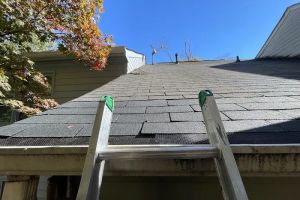

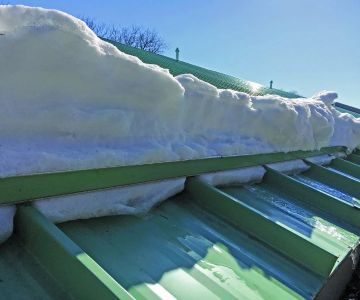
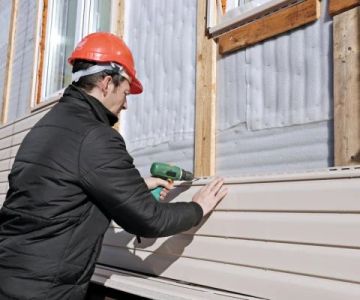
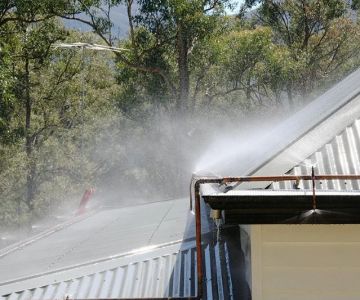
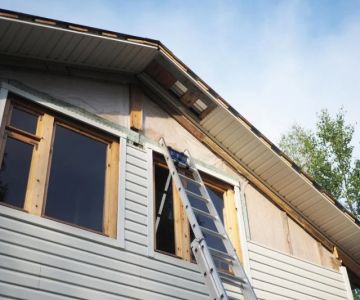
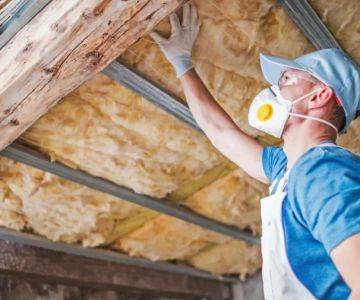
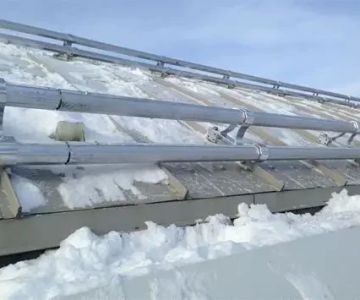
 Marc Joseph remodeling5.0 (1 reviews)
Marc Joseph remodeling5.0 (1 reviews) PRS Roofing Inc5.0 (9 reviews)
PRS Roofing Inc5.0 (9 reviews) KAPS CONSTRUCTION4.0 (5 reviews)
KAPS CONSTRUCTION4.0 (5 reviews) Marshall Exteriors, LLC4.0 (213 reviews)
Marshall Exteriors, LLC4.0 (213 reviews) S.W.A.T. Roofing & Consulting4.0 (46 reviews)
S.W.A.T. Roofing & Consulting4.0 (46 reviews) MATFI RENOVATIONS LLC5.0 (23 reviews)
MATFI RENOVATIONS LLC5.0 (23 reviews) Siding Material Fire Ratings: What’s Required & What to Choose
Siding Material Fire Ratings: What’s Required & What to Choose Roof Talk: Common Terminology Every Homeowner Should Know
Roof Talk: Common Terminology Every Homeowner Should Know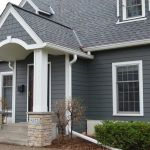 How Often Should You Replace Your Home's Siding? Expert Tips on Siding Longevity
How Often Should You Replace Your Home's Siding? Expert Tips on Siding Longevity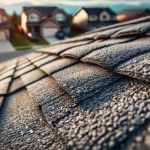 The Average Lifespan of Asphalt Shingle Roofs: How Long Do They Last?
The Average Lifespan of Asphalt Shingle Roofs: How Long Do They Last?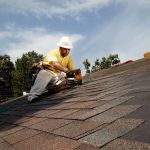 How to Choose a Reliable Roofing Contractor Near You | Top Tips and Questions
How to Choose a Reliable Roofing Contractor Near You | Top Tips and Questions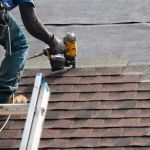 Should I Repair or Replace My Roof? – Expert Guide for U.S. Homeowners
Should I Repair or Replace My Roof? – Expert Guide for U.S. Homeowners